Moscow–Tbilisi: Diplomatic deadlock Experts weigh in on barriers to Russia–Georgia normalisation
Relations between Russia and Georgia have entered a period of turbulence. Amid the cooling of Georgia’s ties with the EU and the US, Moscow’s proposals to restore diplomatic relations might have piqued Tbilisi’s interest. However...
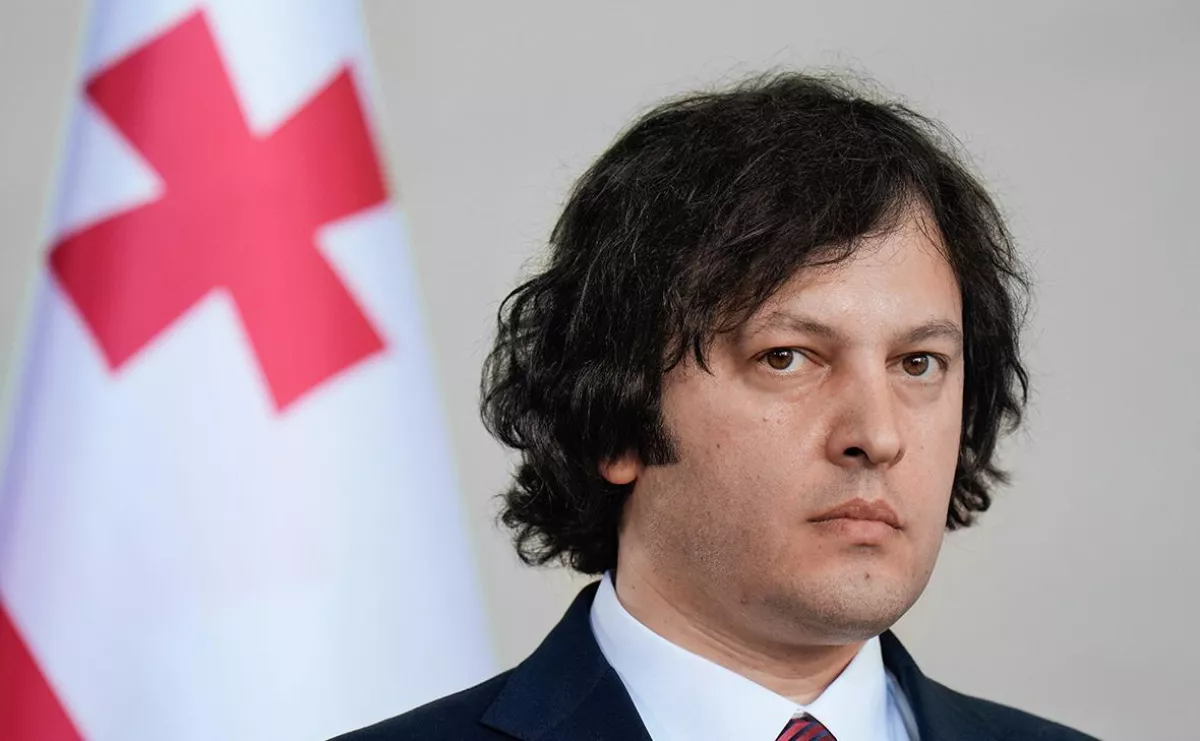
Georgian Prime Minister Irakli Kobakhidze has stated that Georgia does not plan to re-establish diplomatic relations with Russia. According to the head of government, there is currently no diplomatic interaction between Tbilisi and Moscow. He emphasised that the country is not in a hurry to restore ties, citing Russia’s violations of national interests and its occupation of parts of Georgian territory.
How will relations between Tbilisi and Moscow develop further? Is a compromise possible, or is it entirely off the table? Caliber.Az put these questions to political experts.
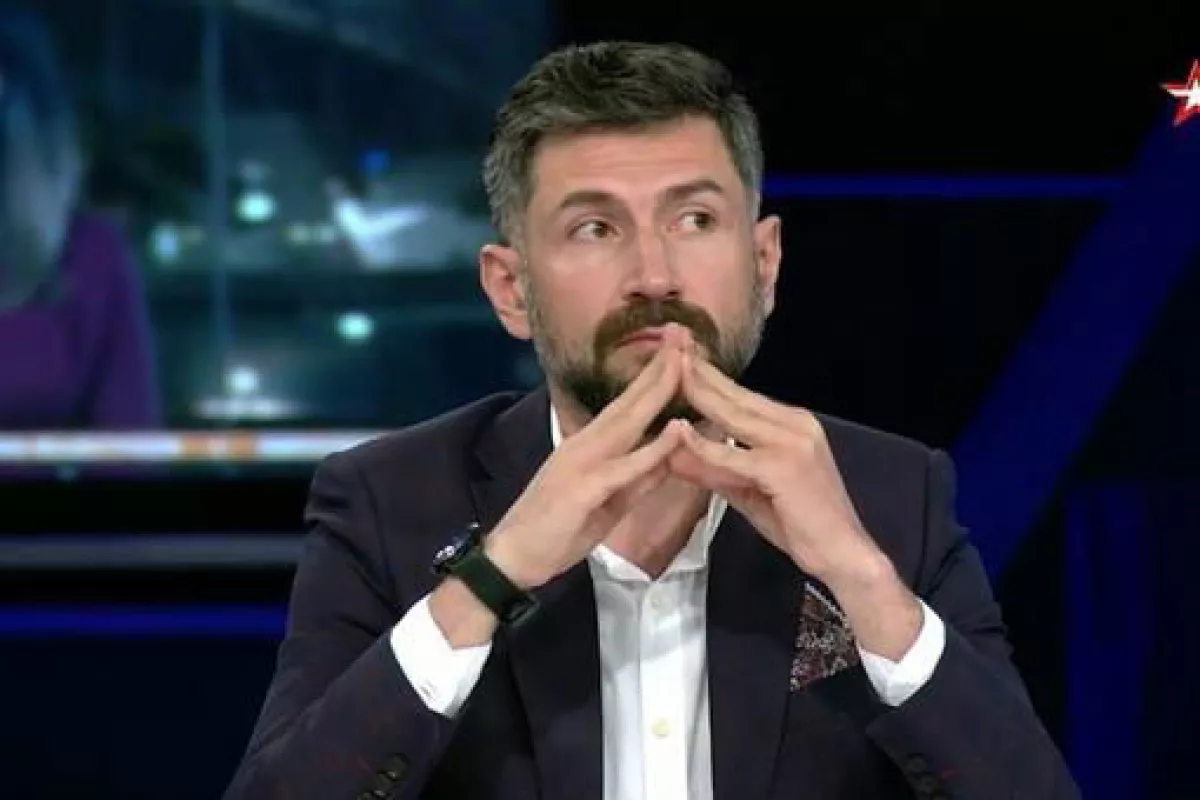
Political analyst, Director of the Caucasus Centre for Islamic Studies, and expert at the Financial University under the Government of Russia, Russian-Georgian expert Shota Apkhaidze believes that at present, relations between Russia and Georgia are effectively stalled and not progressing. A certain ceiling—a kind of limit—has been reached, and any further advancement is only possible if there is political consensus.
“Georgian Dream states that further development of these relations is impossible because part of the country’s territory is under occupation. Russian troops are stationed in these territories, de facto governments are operating there, and Russia has recognised Abkhazia and South Ossetia. From this perspective, Georgian Dream’s position is understandable—it is simply acknowledging the geopolitical reality that has taken shape in Russia-Georgia relations with regard to Abkhazia and South Ossetia.
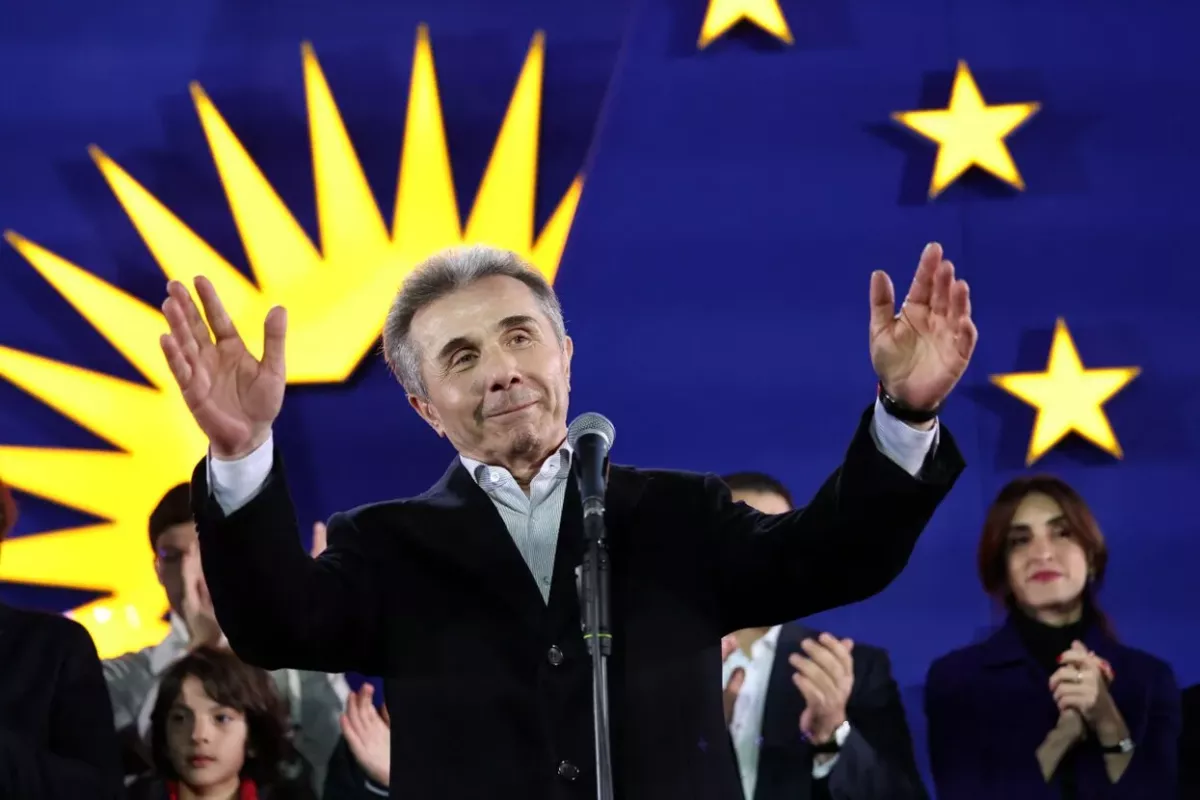
As for Western influence, I would say that there is no direct pressure on Georgian Dream, only perhaps indirect. The current situation between Georgia and the West is not a cooling of relations, but rather a temporary conflict of interests, a divergence of positions. It is more about a difference of opinion between Georgian Dream and, on the one hand, EU officials, and on the other, Western politicians. That is the essence of the disagreement.
Relations have not been severed. The United States has merely frozen the strategic partnership. The European Union has also revised the format of its engagement. But Georgian Dream has not officially broken ties or denounced its strategic agreements with the US.
Moreover, Georgia’s Constitution still enshrines the country’s aspiration toward EU and NATO membership. That’s why I would not call this a cooling of relations—rather, it is a temporary crisis that could well be overcome in the foreseeable future,” the analyst noted.
In Apkhaidze’s view, Georgian Dream is still hoping to receive some form of support from the West, which may potentially be willing to make certain concessions. This, to some extent, explains the current state of relations between Russia and Georgia.
“There is often the argument that our territories are occupied and that de facto governments exist in South Ossetia and Abkhazia — and that is indeed the case. But as a politician, I believe a pragmatic approach is necessary when dealing with this issue. Diplomatic relations between countries are essential nonetheless.
I often cite examples: Moldova had complicated relations with Russia, Serbia with the United States, and Azerbaijan with Russia — especially in the context of territorial disputes. But neither Moldova and Russia, nor Serbia and the US, nor Azerbaijan and Russia severed diplomatic ties. There are many such cases.
Dialogue and diplomatic channels are necessary for negotiations and agreements — and they do not undermine a state’s sovereignty.
I believe Georgia should approach this matter pragmatically. In my view, such an approach would have a positive impact on the situation in the long term,” Apkhaidze emphasised.
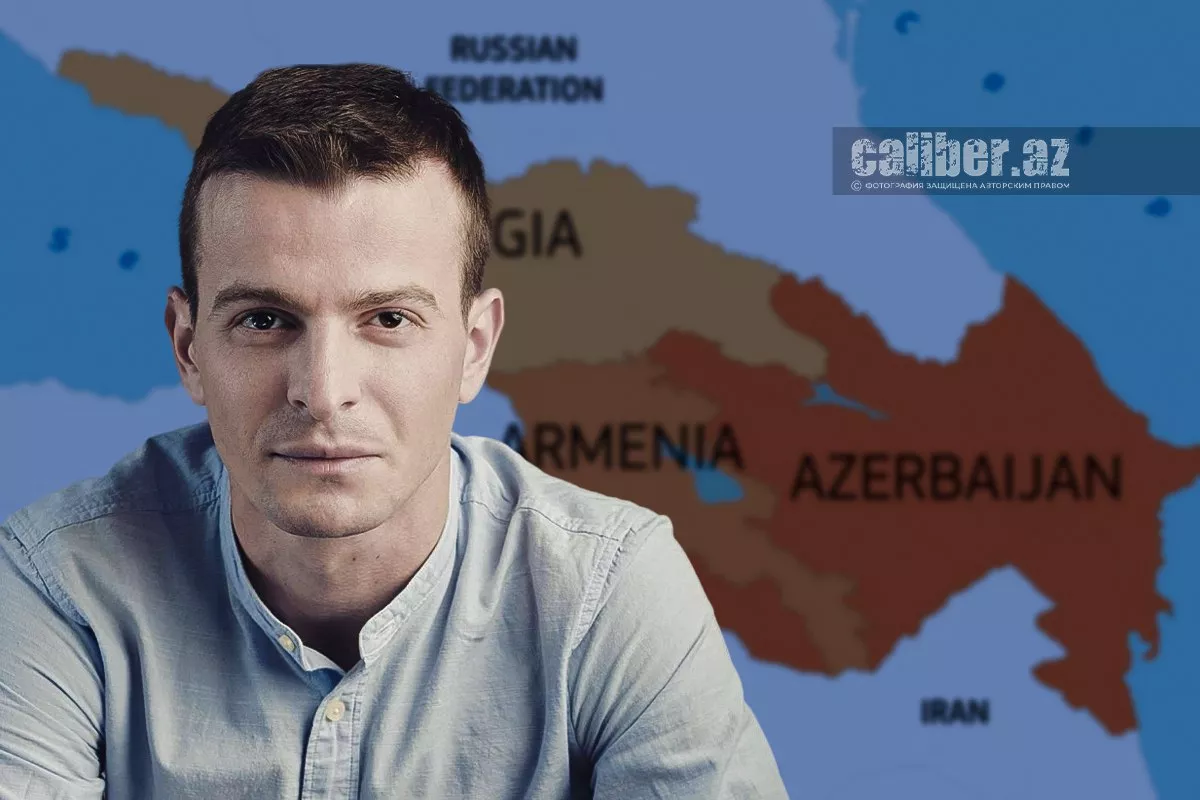
Meanwhile, international affairs expert Giorgi Gogua believes that Georgian civil society generally holds a negative view toward the idea of rapprochement with Russia.
“Despite the absence of official diplomatic channels between the two countries — with the Geneva format being the only exception — Georgia continues to maintain trade and economic ties with Russia. Georgian wine and other products are still sold on the Russian market, and nothing is currently hindering that.
As for political and strategic cooperation, even the Georgian government is highly sceptical of the idea. The main obstacle remains the occupation of Georgian territories. Only time will tell what kind of concessions Russia might be willing to make, though I doubt it will ever renounce its recognition of Abkhazia and South Ossetia as independent states.
We also recently heard an offensive remark from Russian propagandist Margarita Simonyan, who made a disparaging historical comparison, mocking Georgian King Erekle II by suggesting that, just as Erekle once bowed before Russia, today’s Georgian ‘King Erekles’ will be forced to do the same. Such statements clearly stem from a subjective and hostile interpretation of historical events,” the analyst noted.
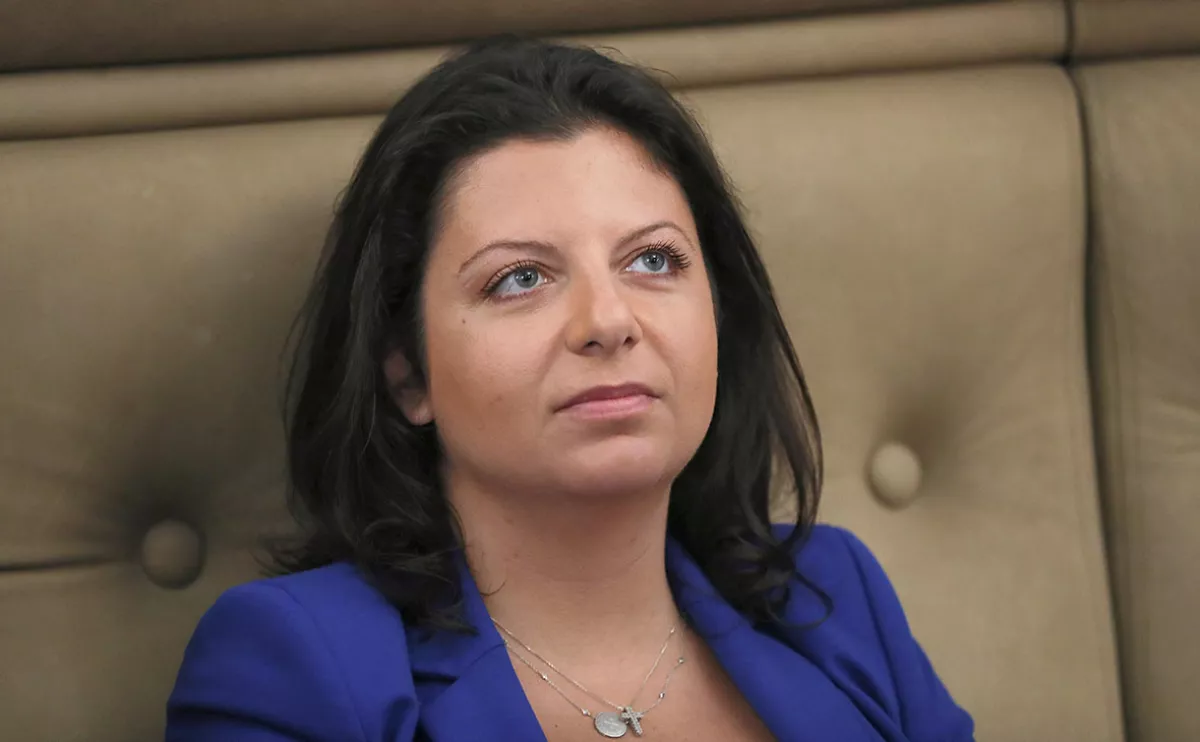
According to him, Georgian society is not ready for rapprochement with Russia; moreover, such attempts could trigger serious unrest in the country.
“I fear a repeat of the tragic events of April 9, 1989. Russia, accustomed to advancing its interests through force, is unlikely to show either tolerance or flexibility toward Georgia. These concerns are very much alive in Georgian society today.
Given the strained relations with the West — including the possibility that the European Union might reconsider Georgia’s visa-free regime — it is understandable that the government may show interest in re-establishing ties with Russia. However, as has already been mentioned, the key obstacle remains the occupation of Georgian territories.
Statements from the Prime Minister and the Speaker of Parliament directly confirm this. If Russia were ever to revise its policy and return Abkhazia and South Ossetia to Georgian jurisdiction — even under autonomous status — that might shift public sentiment. But how realistic such a scenario is remains uncertain. Everything will depend on how the situation unfolds on the Ukrainian front and the potential for agreements between the Kremlin and Washington.
We, the smaller countries, unfortunately often end up as pawns on a vast geopolitical chessboard and are not always able to determine our fate independently,” the expert stressed.








